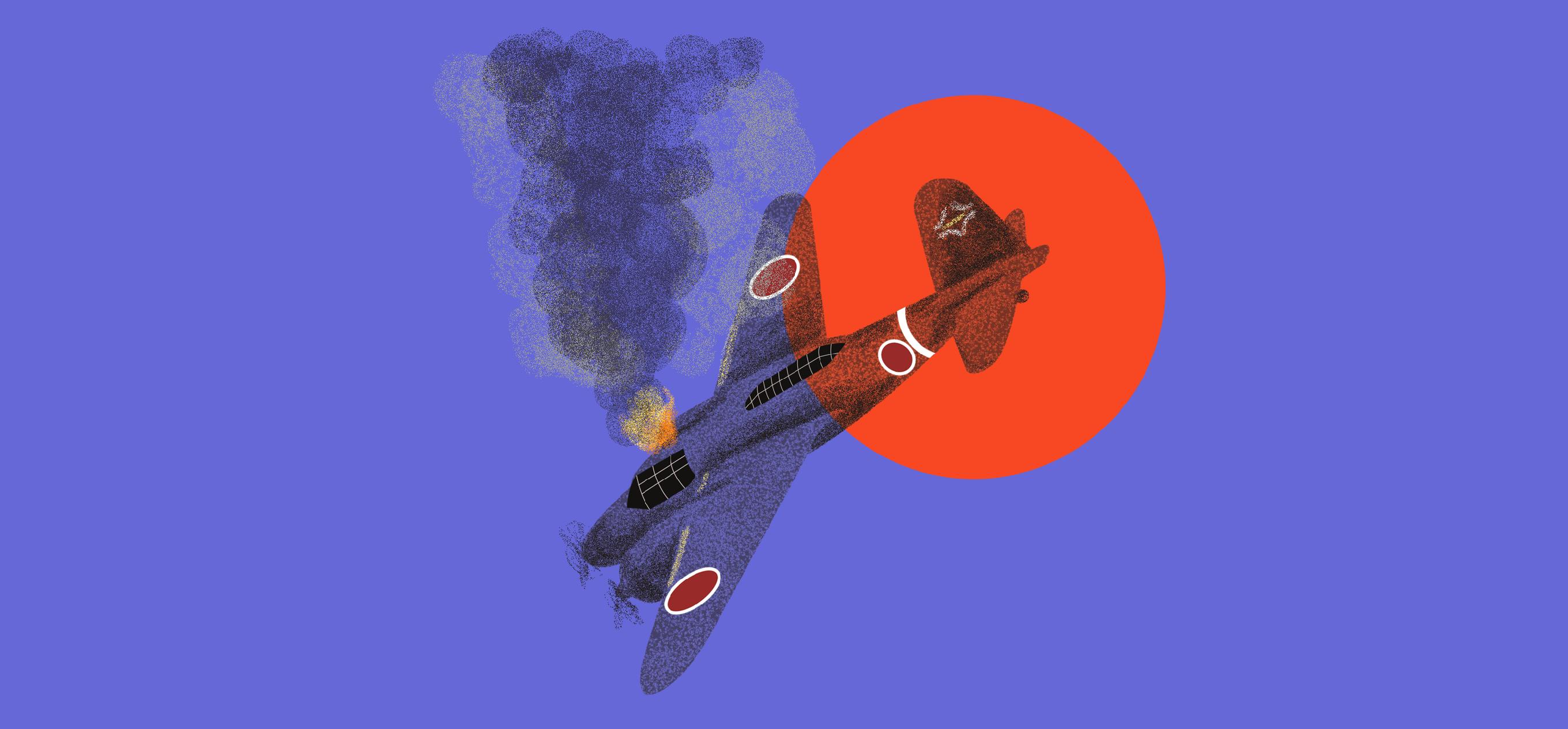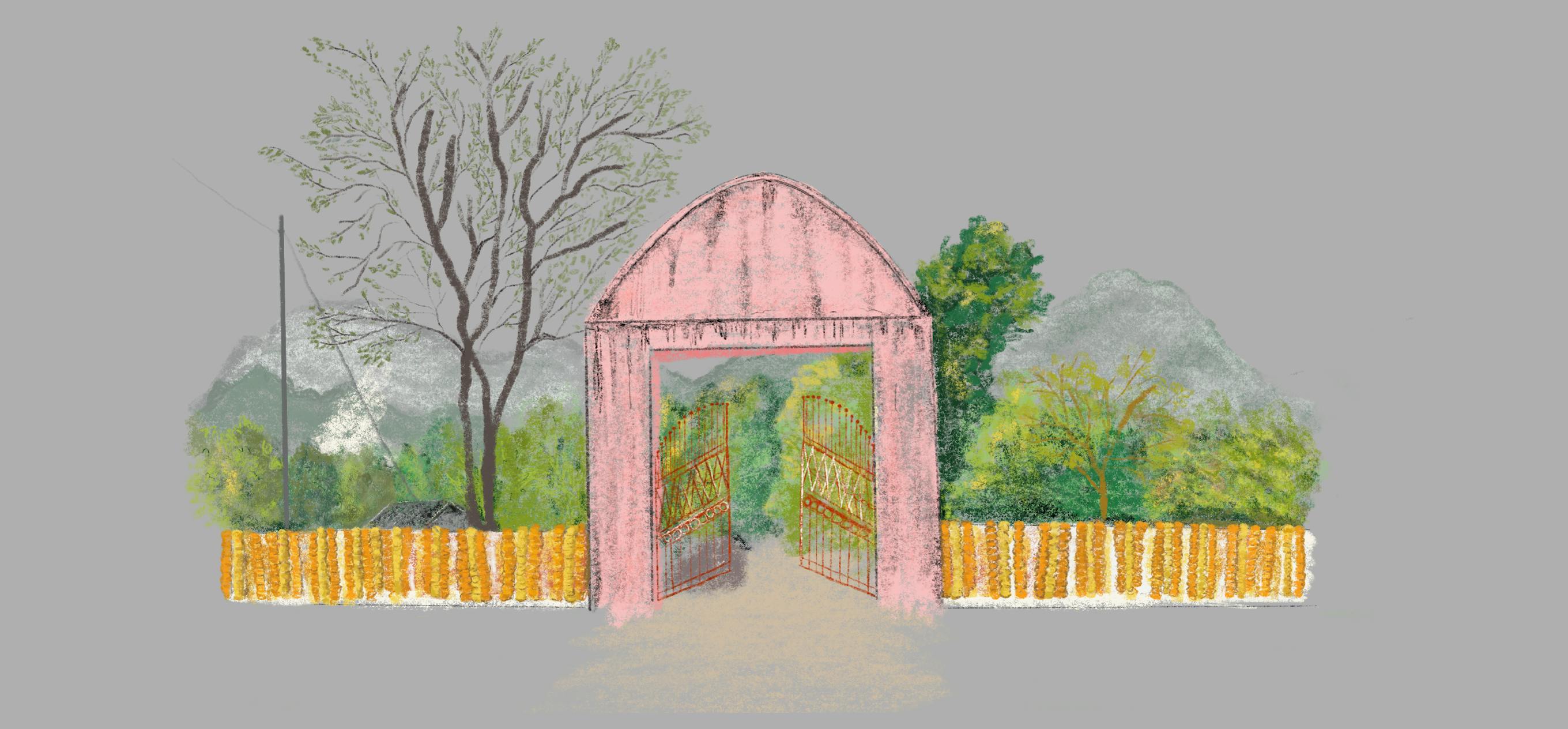Discover unexplored stories
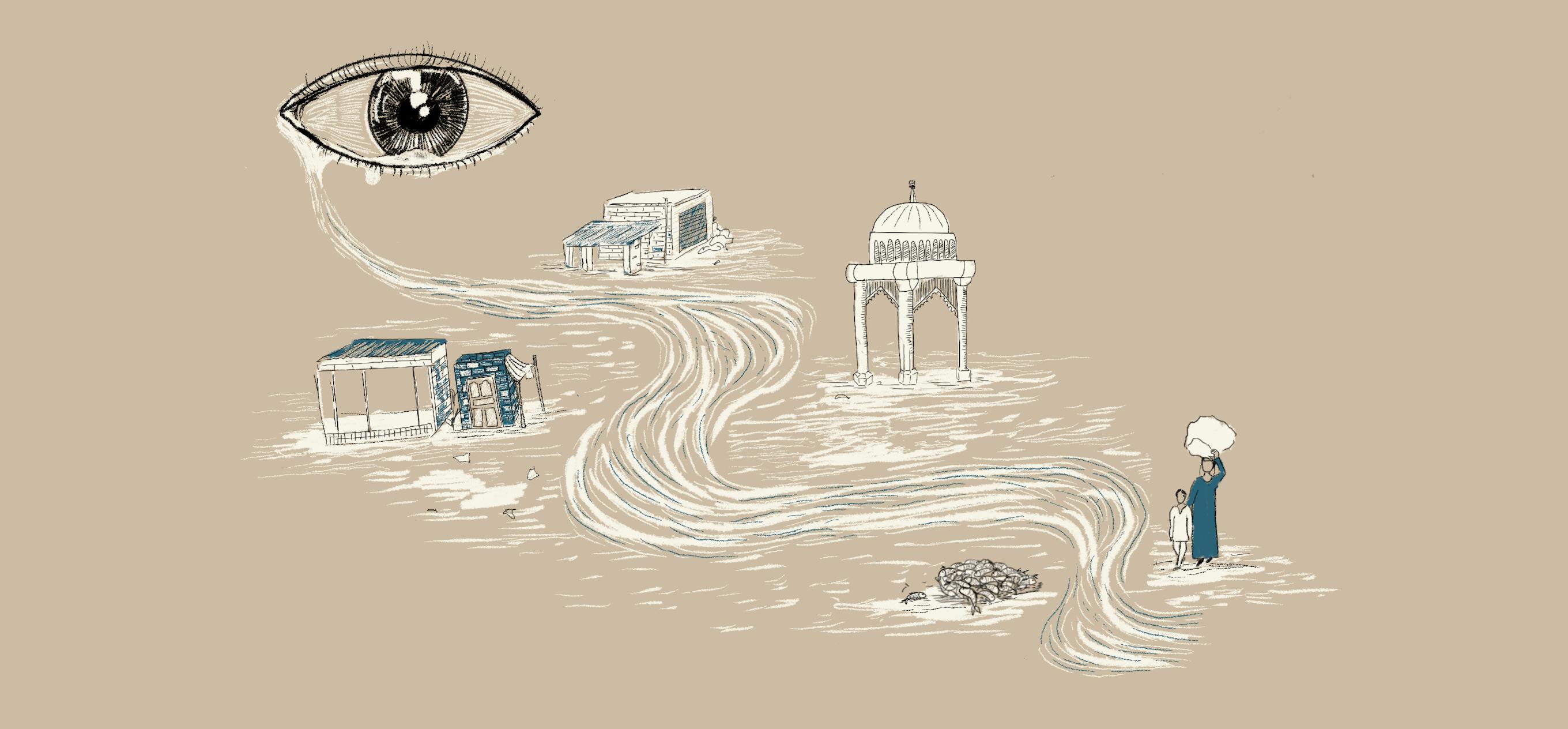
Rivers
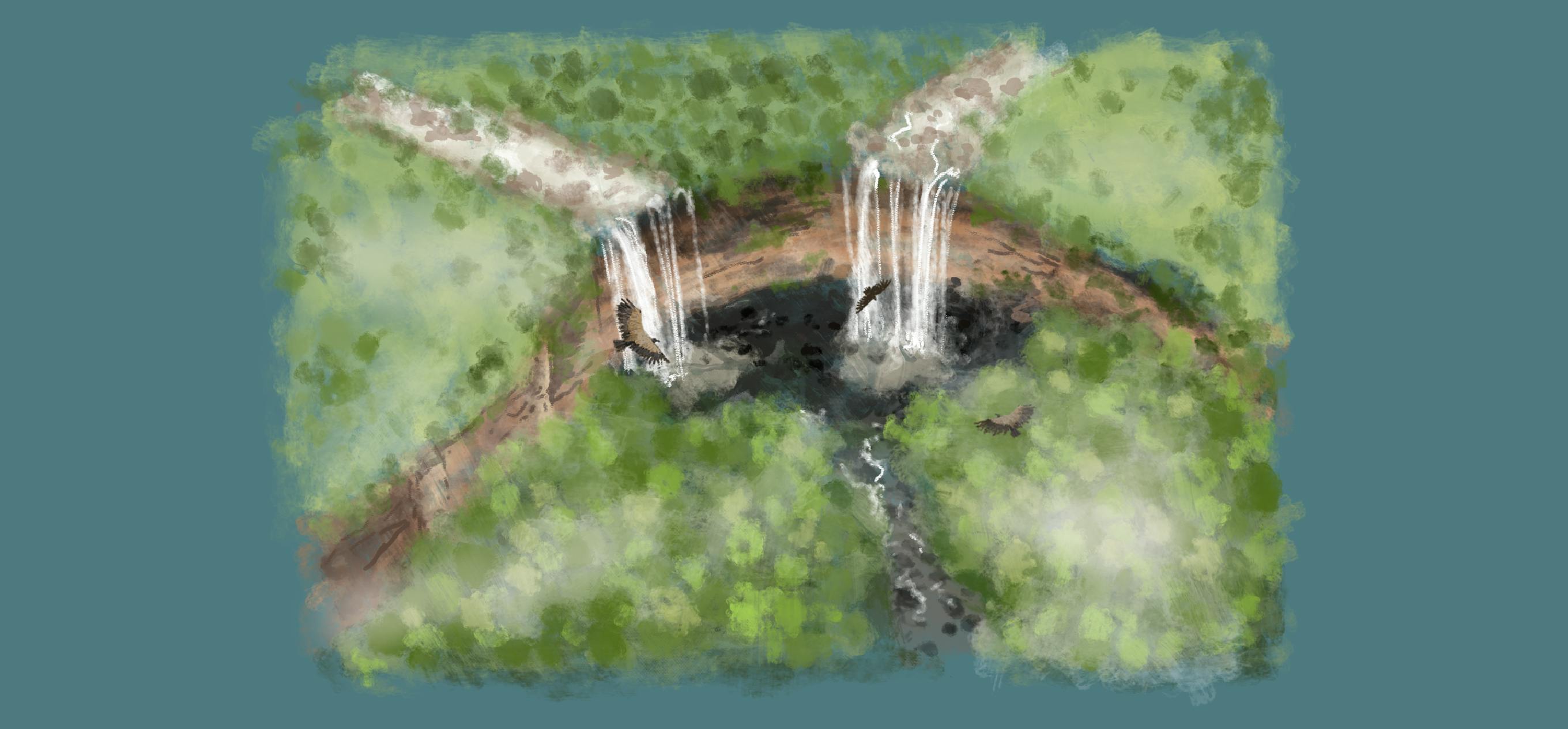
The Diversion
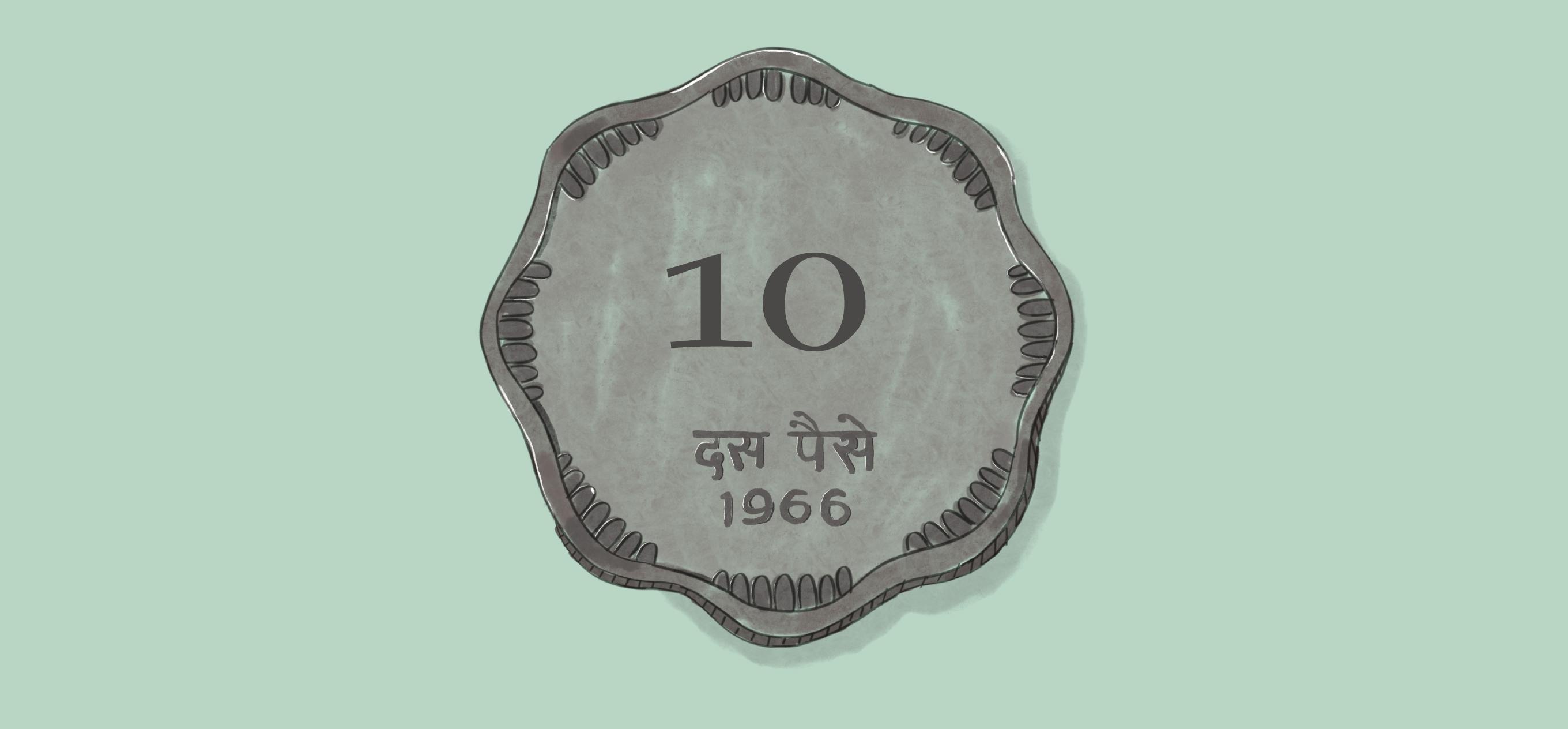
Shortfall
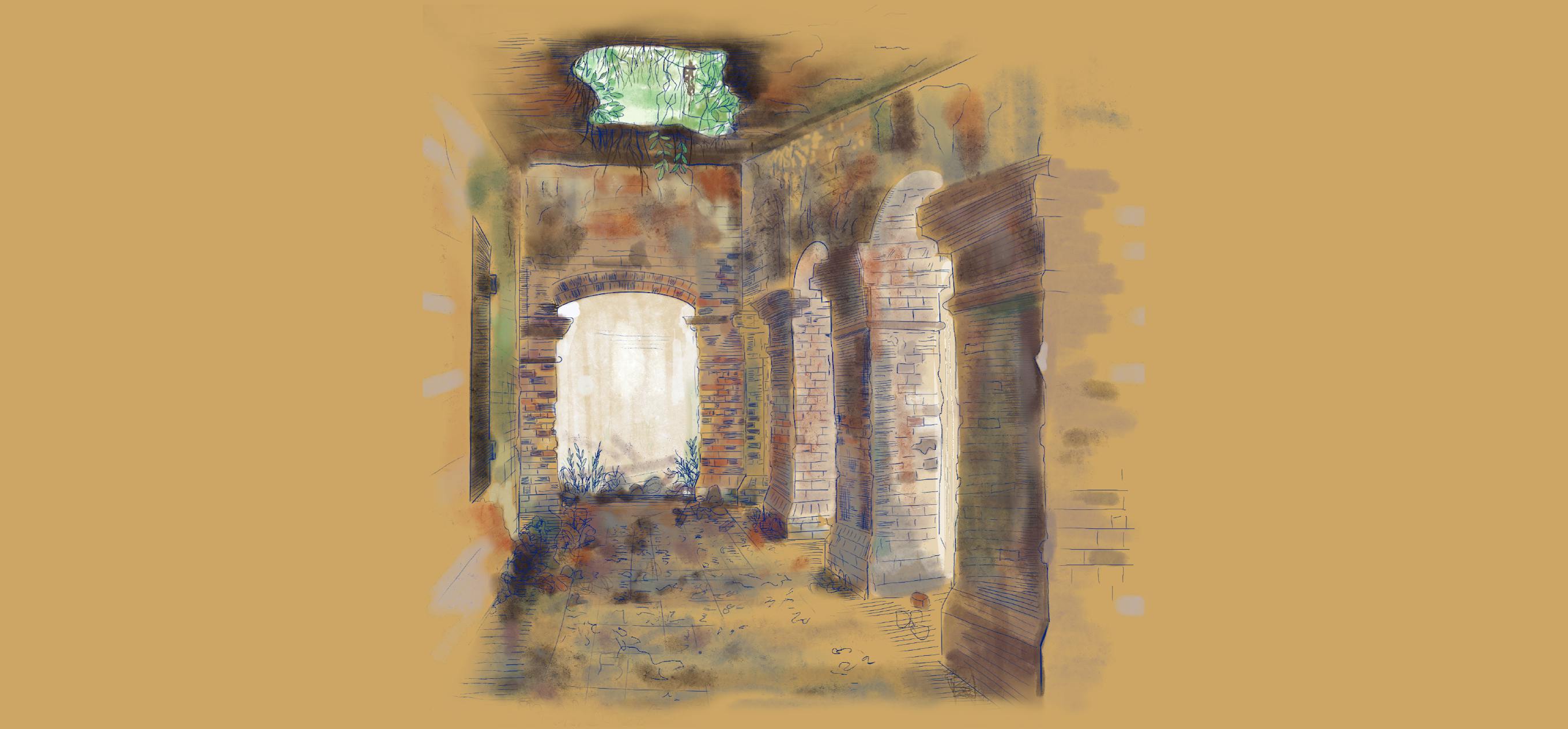
Bloodline
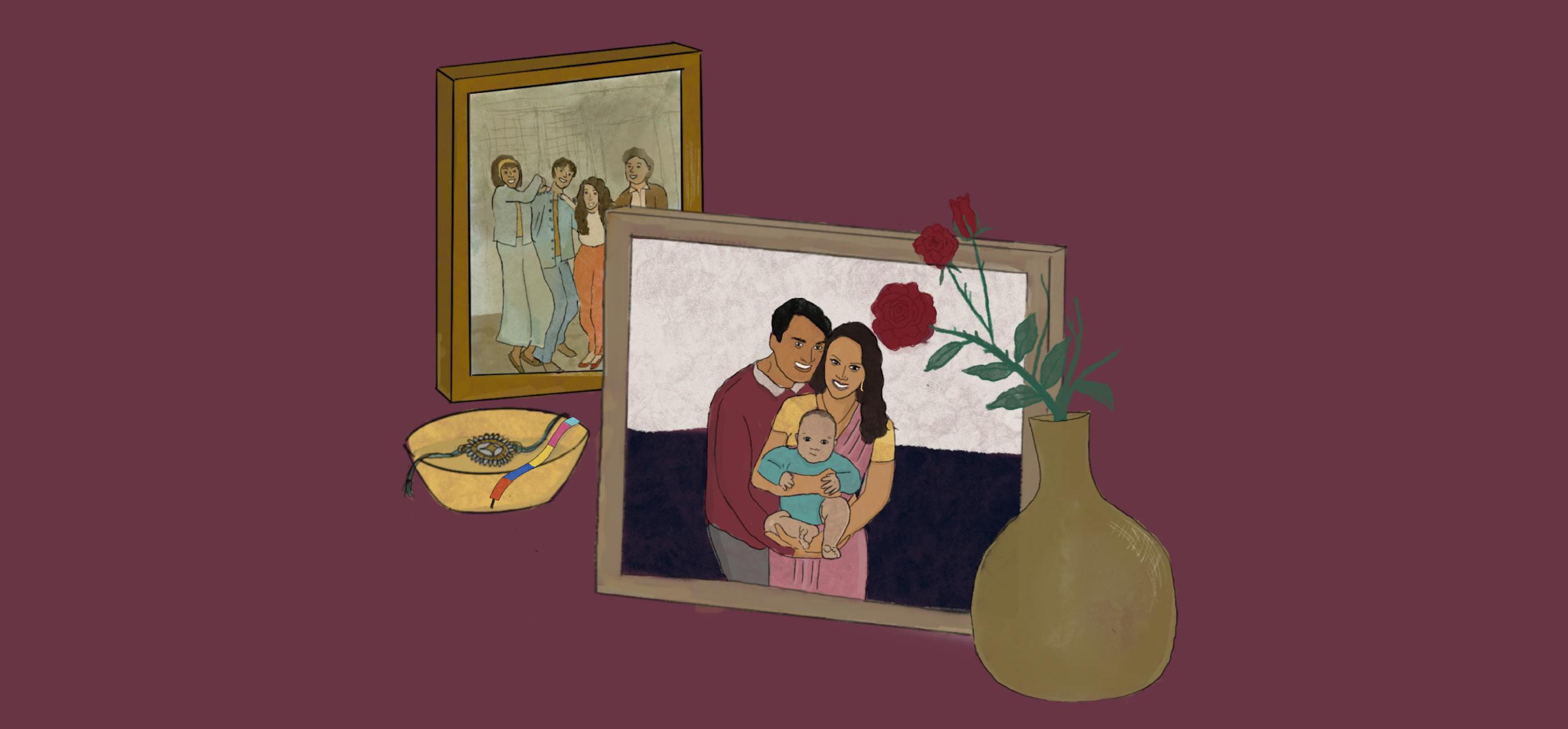
Platonic

Storm Cycle
More stories
Victory City
A century ago, an English district collector’s book about a great empire distorted the history of an old town in Karnataka. But in recent years, research has cast fresh light on the complicated and glorious story of Bijapur.
Elephants in the Room
In Hassan, humans find themselves jockeying for territory with animals they love, revere—and are deathly afraid of. But the elephants weren’t always like this.
Barrage
In 1857, the brothers Nilamber and Pitamber led Adivasi rebels against the British in the hills and forests of Palamau. For their descendants, the battle for water, forests and land never ended.
Our Struggle
Their grandson is one of the most successful Hindi filmmakers of the 21st century. But back in the 1950s, the Motwane family of Chicago Radio already knew that celluloid made legends—and preserved them. This is the story of their forgotten magnum opus, “Andolan.”
Dear Neighbour
Bans. Danger. Polarisation. The cross-border harmonies of Indian and Pakistani pop culture have been imperilled over the last few years. But fandom, and cultural memory, survives against increasing odds.
Killey, Part Two
For Mohammad Ali Bhat, the process wasn’t just punishment. It was the only life he knew for 23 years. But life from the outside filtered in, all the same. Slowly, meanderingly, the justice system prepared to let him go, too.
Killey, Part One
In 1996, a Kashmiri carpet trader was picked up in Kathmandu and accused of orchestrating two bombings in north India. It took hundreds of witnesses, four different courts, and 23 years of incarceration, before he was free again.
The Advocate
In the middle of the twentieth century, country after country threw off the colonial yoke in East Africa. An Indian lawyer represented the men who would become the dissidents and presidents of the future. It was a ringside seat—until they reached his doorstep.
Identity Crisis
The efforts of Argentinian grandmothers transformed forensic science and how it identifies the dead. In India, however, the official approach is still catching up. At no time is this more evident than during natural disasters.
The Italian Job
In the farms of Italy, the dreams of Punjabi migrants sour like curdled milk. One man, pushed to the brink, had to confront the very demons he wanted to escape back home.
Demolition
Three decades ago, the destruction of a mosque in Ayodhya changed the course of Indian history. A writer recounts what life was like before the dismantling.
The Clansman
Anand Pal Singh was from a community that occupied the fringes of Rajput culture in Rajasthan. But his life and death recalibrated the community’s dynamics—and swung an election.
Uprooted
Residential schools for indigenous people have a long and dark history around the world. In Odisha, children are recognising how these schools, newly funded by mining companies, are changing their lives—and that of their communities.
Crossing Over
Demographic change in one small state is used as a red flag in its giant neighbour, Assam. But the history of Tripura and its people is much more than that.
The Slide
For years, Himachal Pradesh was on an environmental precipice, brought to the brink by official neglect. A murderous showdown at a Kasauli hotel laid the fault lines bare.
Hunger
Power cuts. Fuel queues. Popular uprising. A historic and crisis-ridden year in Sri Lanka is drawing to a close. For many, the battles are just beginning.
Pending
Bihar was the model state in the days soon after the Right to Information Act passed. Then began the slow slide into intimidation, chaos, silence—and much worse.
Hijacked
1971 changed the course of subcontinental history in more ways than one. Far from the field of battle in Bangladesh, hijackers diverted a plane from Srinagar to Lahore, shaking up Pakistan’s Kashmiri community, and changing one family forever.
The Match
A generation of Europeans is now returning to Sri Lanka, a country from which they were adopted as children, to search for their birth mothers. What they learn about their families, and themselves, has deep consequences.
Knife in the Back
In western Rajasthan, Dalits may be murdered for the endearments they call their children, for twirling their moustaches—or for their social media. This is the story of one young man’s death and how it is foregrounded by a legacy of caste crime.
Title Deeds
For a decade now, Ruby Hembrom has been publishing stories that aim to get close to the lived experience of Adivasis. Her own life story reflects the big themes of that project.
Allegiance
Azaadi and the end of Empire.
Traders by the Creek
The first Indians in Dubai weren’t oil workers or wage labourers. They were traders, who brought commerce, capital and adventure to this once-small kingdom.
Relish
Hot. Sweet. Sour. Tangy. Food companies trying to turn tomato ketchup into an Indian condiment attempted every trick in their book. This is the story of how they succeeded.
Human Touch
Artificial intelligence may be making some jobs obsolete but it has given a new lease of life to one group of people who play an unglamorous but critical role in the machine learning pipeline: first generation women workers in Indian towns and villages.
Pen Friend
Even as the mass nationalist movement was gaining steam and popularising its ideas in print, one family’s own smaller newspapers insisted on a different kind of freedom—from the shackles of caste, illiteracy and poverty. Meet the Bhalekar-Patils of Tarawadi.
Horses
An unusual sight pops up along the highways veining southern Jharkhand: paired statues of horses. Soon after moving to the Seraikela region, the author set out to find their origin story. It turns out there are more than one.
Eulie
Chandigarh, one of the great projects of the new Indian republic, is forever associated with the genius of its Franco-Swiss chief architects. But it was also a fresh beginning for a generation of brilliant young Indians. One of them was the only woman architect in the group, who made the city her own.
The Adversary
Karnataka and Naxalism are not often spoken about in the same breath. But for a whole decade, an enigmatic man named Saketh Rajan led the movement in the state. It wasn’t even his sole name, or claim to fame.
Restricted Code
Many Indians believe Sanskrit is a perfect language for computer programming and AI research. State-led programmes have deepened the impression. Indian scientists working on AI research would like a word.
Cast Away
For two decades now, fish have dwindled along Gujarat’s shores. So local fishermen have to go further out, closer and closer to danger: the unmarked, watery border between India and Pakistan.
Numbers Game
Big data already changed the way cricket was being watched. Now, machine learning is transforming the way it’s played.
Man of Culture
A bacterium found on a remote Pacific island first became the obsession of a Punjabi microbiologist. It then became a wonder drug that gave hope to millions around the world.
Resistance
In the mid-1970s, a remarkable cohort of women found themselves in Bombay. They believed there was more to science than labs and male geniuses. Some of them would pioneer the cause of feminist science studies in India. These are the women who paved the way for themselves.
Exceptions
The ‘disturbed areas’ and ‘illegal migrants’ of today’s India were yesterday’s ‘scheduled districts’ and ‘criminal tribes.’ The line between the past and present is straighter than you think.
Crossfire
Two trends mark the Great North Indian Wedding today. The first is gunshots. The second is orchestra dances performed by women artistes. Together, they’ve created a minor epidemic of crime headlines.
Off Balance
In places like Saharanpur and Buldhana, a rare genetic disease has been taking away control of bodies, lives and livelihoods from entire neighbourhoods. Against all odds, a few scientists and doctors are determined to ease the pain.
Home Alone
In the 1990s, most Pandits were displaced from the Kashmir Valley. The ones who remained are still fighting to be heard and seen.
Searching for Swadesh
On a June morning in 2006, a pathbreaking writer walked out of his home, never to be seen again. His friend and fellow writer is still looking for him and his words.
Brown Hunters
Shikar: the sport of kings, the symbol of colonial power play, legacy of an unfair age. But for a few years in independent India, it was also a source of income for a poor country—and a calling for the brown hunters, men trying to adjust to a changed world.
Estate
Forty years ago, there were two parallel movements in Bihar. One wanted a separate state. This is the centuries-old story of the second one: the movement for the independent country of Kolhan.
Footsoldiers
Political violence in West Bengal isn’t a new phenomenon. It isn’t dominated by election cycles. It doesn’t follow the same patterns as elsewhere in India. This is an explainer from those who’ve survived it for half a century.
Doctor Who
He was a doctor on a tea estate in Assam. He studied at a prestigious college. Like thousands of other medical professionals in rural India, he was also not the person he claimed to be.
Ire on the Mountain
Some years before reality TV in India went full rogue, a primetime show had five civilians reach the basecamp of the world’s highest mountain. An oral history of ‘Mission Everest.’
Your Honour
Priya Ramani spoke up during 2018’s MeToo movement. A Union minister filed a criminal case against her. The consequences were severe—but also offered hope for the future.
The Bounce
How a generation of Punjabi giants rode the highs and lows of Indian basketball, guided by one slight Tamilian man.
The Dragnet
Beyond Gandhi, Nehru, Jinnah or Bose, the British Empire feared one revolutionary. This is the story of how MN Roy was chased around the world.
Rice, Fat, Meat, Streets
Why does biryani mean so much to so many people on the Indian subcontinent? The answers may be found on the streets of one of the world’s food capitals: Karachi.
The Namesakes
The story of roughly fifty Sanjanas, how their parents decided to call them that, and the secret history of why Indians give their babies the names they do.
Stamina
India’s marathon culture came of age thanks to liberalisation. It jump-started the career of many athletes, birthed new marketing strategies—and changed the lives of dozens of girls in a drought-prone village of eastern Maharashtra.
Source Code
Liberalisation helped make India the world’s software capital. This is what it looked like to the men who built its most successful company, Infosys.
Reservoir Gods
How the Cauvery was dammed, through the eyes of the project’s foremost champion, M. Visvesvaraya—and his fiercest critics.
Majority Report
For most of independent India’s history, President’s Rule was imposed on an average of 2.5 times a year. Now it’s rarely invoked. Here’s what changed the game for Indian federalism.
The Foreigner
An Assam Border Police official and ex-serviceman, Mohammed Sanaullah was the model Indian citizen. Then his employers decided he wasn't.
Solo
Three boats, three men, and the Indian history of one of the world’s last great adventures.
Khansama
A chef lifts the veil on his journey from home cook to TV stardom and the heat of the Indian restaurant kitchen.
Homelands
For the nomadic Gujjar-Bakarwals of J&K, the abrogation of Article 370 came with a sliver of hope for their lands and livelihoods. But they’ve been losing both for years.
Mysore Star
Not all new Indian cinema was born in Bombay, Calcutta or Madras. One pioneer helped build the Kannada movie world in Mysore. In the year of his birth centenary, this is the story of Shankar Singh.
The Switch
The day India moved on from its national sport.
Troops
Monkeys and humans are fighting for space in Indian cities. Right now, it doesn’t look like a winnable war.
Hi, Dear
The internet was meant to transform how India falls in love. Instead, it revolutionised how we creep each other out.
Tornado
Long before the people of Delhi had to worry about the climate apocalypse, a twister ripped through its university campus.
White
Indian scientists have been going to Antarctica for four decades. What exactly do they do there?
Ambassador
She aced independent India's first civil services examination. Then she made history by exposing the misogyny of the country's elite diplomatic corps.
Famished
Why Indians are still starving 75 years after independence.
Friends
Twenty years ago, a film about the bond between three posh Bombay boys changed the rules of Hindi cinema. Here’s an oral history of ‘Dil Chahta Hai.’
Scales
Over 50,000 Indians die of snakebite every year. We know how to save these lives—but producing the cure is easier said than done.
The Testimony
Hundreds of children from Bihar's Gaya district had been trafficked to Jaipur's bangle workshops. Then, a group of boys escaped against all odds.
Borders
Many in Pakistan have considered the sari a foreign item of clothing. Generations of Pakistani women have insisted on wearing it anyway.
The Knife
Firebrand revolutionary, renowned administrator, betrayed communist icon. K.R. Gouri will go down in history as one of the tallest leaders of her time and place.
The Cure
When it comes to life-saving, even India’s jingoists take modern medicine for granted. This is how that happened.
Coupling
Stories from the spectrum of queer marriage in India, beyond the pale of law and identity.
Hathi
Millions suffered through terror and upheaval in the turbulent years following the Soviet occupation of Afghanistan. One of them was a baby elephant from India.
Believers
The people of Banaras witness change coming to the city of ashes.
The Dig
The Keeladi excavations may alter the world’s ideas about the earliest Indians. But progress hasn’t been smooth for one of the country’s most sensational archaeological projects.
Masters
Politics, social tensions, and comedy all found a home in Tamil cinema. The Tamil meme needs all four things to work.
Ballot
Everything you wanted to know about election forecasting but were afraid to ask.
Setting
How cricket got over one of the biggest scandals in its history.
Fissile
India has big plans for new nuclear power plants. What does it plan to do with the old ones?
Walkover
In 1974, India boycotted the most consequential tennis tie in its history. It was a moral victory, but it took its toll.
Reels
The changeover that revolutionised the Indian movie theatre, and the projectionists who watched it happen.
Smashed
How Prohibition came to Andhra Pradesh, and how it’s going.
Banger
An oral history of ‘Mundian To Bach Ke.’
Succession
Evolutionary ecologists keep finding new species in the Western Ghats. Here’s how it happens.
Whitewater
Exactly thirty years ago, an Indo-Japanese contingent set off on an audacious rafting trip on the Brahmaputra.
Madras Check
What it’s like to grow up in one of the chess capitals of the world.
Asylum
A brief history of the Tezpur mental hospital through epidemics, wars and partitions.
Labels
It’s shopping season, and you’re buying the same thing over and over again.
Kamla
She was shunted out of the history of India’s most prestigious business school. On her birth centenary, a researcher redresses the record.
Gallops
Name, place, animals: the things that keep horse racing alive in India.
The Woods
One man’s quest to save a Nilgiris forest, and how it changed Indian environmental law.
Accord
From the jungles to the negotiating table, a short history of India’s longest-running insurgency.
Power
An open letter to the Supreme Court changed the way many Indians thought about women’s rights. The rest should be history.
Puppies
A dog’s life in Gurgaon? It’s not for everyone.
Milk
For a few days in 1995, many Indians believed a religious idol had developed a lifelike ability to drink milk.
Shift
A personal history of how the internet came home, became magazine fodder, and changed a life
Powder
From an English chemist to YouTube cooks via refugees from Rawalpindi, how custard changed India’s sweet tooth
Kingdom
Aristocrats, enigmatic wives, and spymasters in the drama of Sikkim’s merger with India
Collision
Twenty-four years ago, two burning planes plunged into the mustard and cotton fields of a Haryana village. It changed the way we fly
